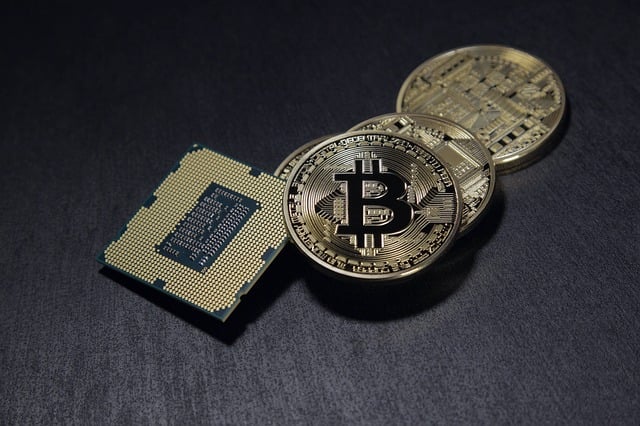Protecting your digital currency from potential hacks requires adopting various security measures. These include:
- Strong passwords: Create complex passwords that are difficult to guess and use a password manager to securely store them.
- Two-factor authentication (2FA): Enable 2FA whenever possible to add an extra layer of security to your accounts.
- Regular software updates: Keep your wallet software and other crypto-related applications up to date to benefit from the latest security patches.
- Be cautious of phishing attempts: Always verify the authenticity of websites, emails, or messages before entering any sensitive information.
- Cold storage: Consider storing a portion of your crypto in offline, cold storage wallets for added protection against online threats.
The Growing Importance of Cryptocurrency in Modern Markets explores in more detail the transformative power of digital currency and its role in shaping the future of finance.
Moving Crypto from Coinbase to Wallet: A Guide to Safely Transfer Your Digital Currency
Online wallets: These wallets are web-based platforms that allow you to access your crypto from anywhere with an internet connection. While convenient, they may present a higher risk as they are more susceptible to hacking attempts.
Steps to Transfer Crypto from Coinbase to a Wallet
- Create a personal wallet: If you haven't already, choose the type of wallet that suits your needs and set it up.
- Generate a receiving address: Within your wallet, generate a unique receiving address for the specific cryptocurrency you wish to transfer.
- Log in to your Coinbase account: Access your Coinbase account and navigate to the "Accounts" tab.
- Select the cryptocurrency: Choose the cryptocurrency you want to transfer and click on it.
- Click on "Send": Look for the "Send" option and click on it.
- Enter the receiving address: Copy and paste the receiving address from your personal wallet into the designated field.
- Double-check the details: Ensure that the receiving address is accurate, as any errors can result in the loss of your funds.
- Confirm the transfer: Review the transaction details and authorize the transfer.
- Wait for confirmation: The transfer may take some time, depending on network congestion and the specific cryptocurrency.
- Verify the transfer: Once the transfer is complete, verify that the funds have successfully arrived in your personal wallet.

Crypto Hacks: Understanding the Risks and Safeguarding Your Digital Currency
Furthermore, personal wallets allow you to be in full control of your private keys, which are essential in accessing and managing your digital assets. This level of control ensures that you are the sole owner of your funds.
Choosing the Right Wallet
While exchange platforms provide convenience and accessibility, personal wallets offer enhanced security and control over your digital currency. By holding your crypto in a wallet, you eliminate the risk of it being compromised in case of a security breach or hack on the exchange platform.
Software wallets: These wallets are applications that can be installed on your computer or smartphone. They offer a balance between security and accessibility. Examples include Exodus, MyEtherWallet, and Trust Wallet.
Cryptocurrency has emerged as a disruptive force in modern markets, presenting numerous advantages over traditional financial systems. Its decentralized nature, potential for significant returns, and ability to facilitate global transactions with low fees have attracted a growing number of individuals and institutions.
Hardware wallets: These physical devices, such as Trezor or Ledger, provide the highest level of security by keeping your private keys offline. They are often considered the safest option for long-term storage of your crypto.
Start your journey towards becoming a knowledgeable crypto investor and ensure the safety of your digital assets by following the above guidelines and understanding the importance of securing your funds.
When it comes to personal wallets, there are various options available, including hardware wallets, software wallets, and online wallets. Each type offers different features and levels of security.
As the world increasingly embraces cryptocurrencies, it becomes essential for investors to educate themselves about the opportunities and risks associated with this new financial paradigm.
With the rise of cryptocurrencies, more and more people are looking to secure their digital assets by moving them from exchange platforms like Coinbase to personal wallets. This article will serve as a comprehensive guide for transferring your crypto safely.

The Benefits of Using Personal Wallets
By understanding these risks and implementing best security practices, you can safeguard your digital currency investments from potential threats.